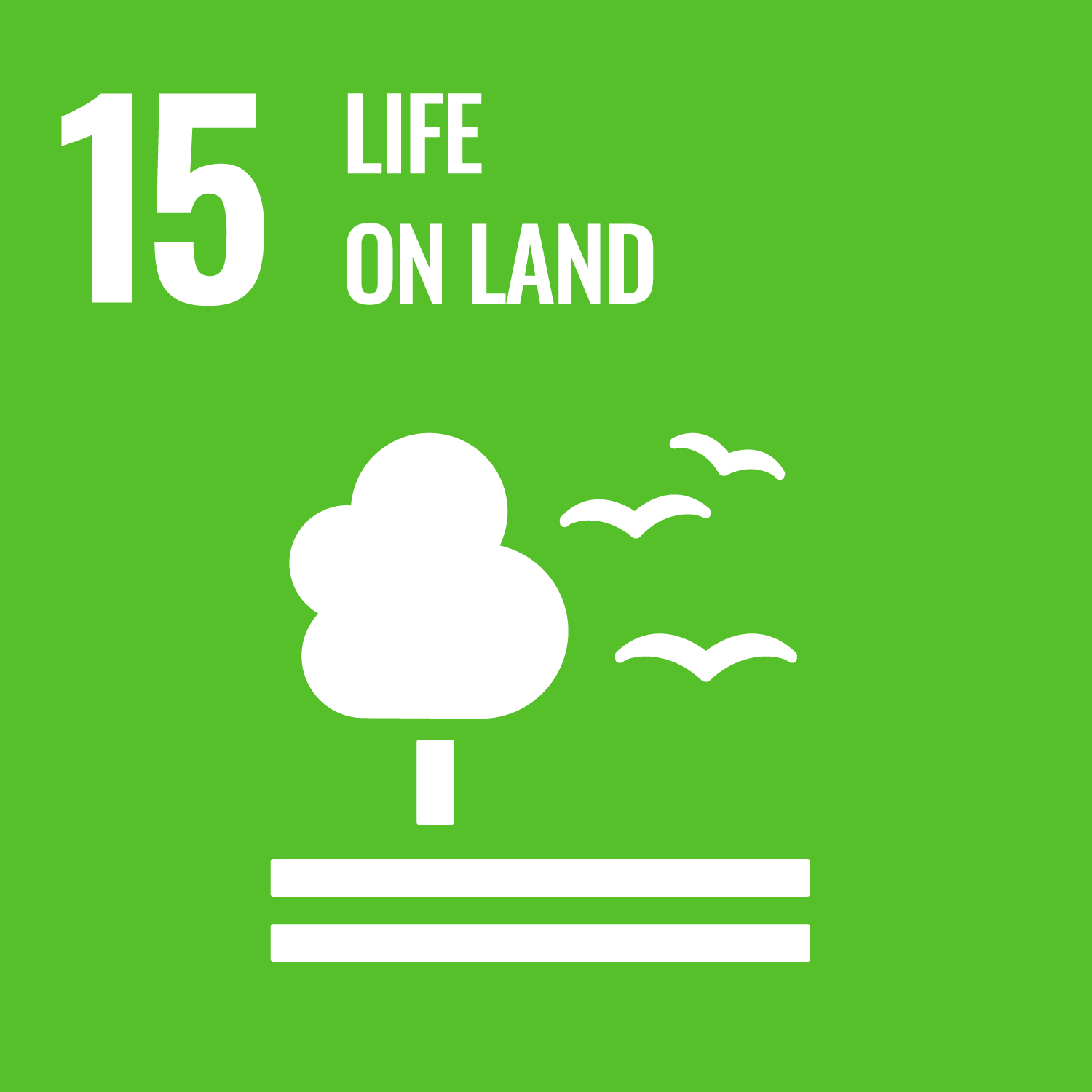Land use planning is a significant part of urban and reginal planning. This studio will focus on the technical analysis and
integration methods of urban land use planning.
Each class will be conducted through individual tasks, group discussions, and peer evaluation. Every student is required to make a midterm and final presentation based on the outcomes through the studio works.
Each class will be conducted through individual tasks, group discussions, and peer evaluation. Every student is required to make a midterm and final presentation based on the outcomes through the studio works.
This course develops the basic GIS operational skills of the students to be able to do quantitative spatial analysis using
Geographic Information System software.
- Students will be able to acquire the basic skills of GIS (Geographic Information System).
- Students will be able to deepen their understanding about the technical analysis and integration methods of land use planning.
- Students will be able to make a presentation about the concept of land use planning.
| Class schedule | HW assignments (Including preparation and review of the class.) | Amount of Time Required | |
|---|---|---|---|
| 1. | Basic operation of GIS to create base maps. *Submission A |
Read relevant references | 120minutes |
| 2. | Grouping, various statistical data analysis, population data analysis, and preparation for an on-site observation survey *Submission B, Submission C |
Review the basic operation of GIS | 120minutes |
| 3. | On-site observation survey (community resources, problems, etc.) *Submission D |
Review the basic operation of GIS. | 120minutes |
| 4. | Summary of the on-site observation survey, selection of a study area, preparation of base maps, and preparation for a field
survey *Submission E |
Provide feedback on the on-site observation survey. Review the basic operation of GIS. | 120minutes |
| 5. | Field survey (land use, building use, local resources, problems, basic information, etc.) *Submission F |
Prepare for a field survey. | 120minutes |
| 6. | Lecture, Creation of a land use map, a road condition map, a map of building structure, and a map of the number of stories. *Submission G |
Provide feedback on the field survey. Review the basic operation of GIS. | 120minutes |
| 7. | Analysis by urban environmental indices, and future prediction of land use, SWOT analysis, summarizing the land use issues
*Submission H |
Summarize the data acquired by on-sit survey. | 120minutes |
| 8. | Preparation for a midterm presentation *Submission I |
Prepare for a presentation. | 120minutes |
| 9. | Midterm presentation: actual conditions and issues in the study area(presentation by individuals, exchange of opinions, peer
review) *Submission J |
Organize the peer feedback received during presentation. Review and revise the contents of Submission I. | 120minutes |
| 10. | Re-examination of actual conditions and issues in the study area. | Review and revise the contents of Submission J. | 120minutes |
| 11. | Re-examination of actual conditions and issues, and consideration of planning concepts in the study area. | Prepare for a presentation. | 120minutes |
| 12. | Preparation for a final presentation. | Prepare for a presentation. | 120minutes |
| 13. | Preparation for a final presentation. | Prepare for a presentation. | 120minutes |
| 14. | Final presentation: Proposals on the concepts of land use planning based on the actual conditions and issues in the study
area (presentation by each group) *Final Submission |
Prepare for a presentation. Finalize the final concept. | 120minutes |
| 15. | *Submission H (Revised) | Review and revise the contents of submission H. | |
| Total. | - | - | 1680minutes |
| Assignment submissions | Planning project | Presentations | Total. | |
|---|---|---|---|---|
| 1. | 25% | 25% | ||
| 2. | 25% | 10% | 5% | 40% |
| 3. | 25% | 10% | 35% | |
| Total. | 50% | 35% | 15% | - |
Submission A: 5%,
Submission B: 5%,
Submission C: 5%,
Submission D: 5%,
Submission E: 5%,
Submission F: 10%,
Submission G: 10%,
Submission H: 10%,
Submission I: 15% (of it Midterm presentation: 5%),
Submission J: 30% (of it Final presentation: 10%)
*Students need to do at least a minimum of 60% of studio work to pass.
Grading will be done on individual basis
Submission B: 5%,
Submission C: 5%,
Submission D: 5%,
Submission E: 5%,
Submission F: 10%,
Submission G: 10%,
Submission H: 10%,
Submission I: 15% (of it Midterm presentation: 5%),
Submission J: 30% (of it Final presentation: 10%)
*Students need to do at least a minimum of 60% of studio work to pass.
Grading will be done on individual basis
It would be ideal for students to know some basics of urban planning but it is not a requirement.
- Questions by email can be accepted at any time.
E-mail (Prof. Yasmin): yasmin@shibaura-it.ac.jp
- Course that cultivates an ability for utilizing knowledge
- Course that cultivates a basic interpersonal skills
- Course that cultivates a basic problem-solving skills
| Work experience | Work experience and relevance to the course content if applicable |
|---|---|
| N/A | Experience as a teacher and researcher who uses these techniques. |




- 3.GOOD HEALTH AND WELL-BEING
- 11.SUSTAINABLE CITIES AND COMMUNITIES
- 15.LIFE ON LAND
- 17.PARTNERSHIPS FOR THE GOALS
Last modified : Sun Mar 21 17:16:22 JST 2021
